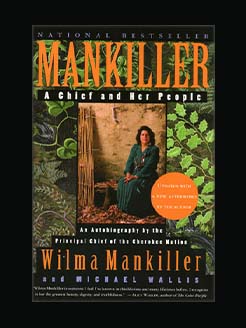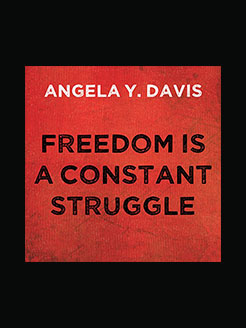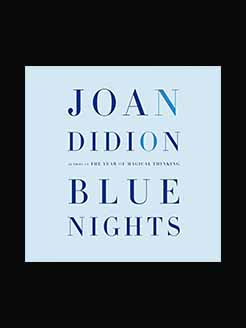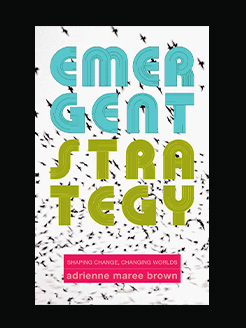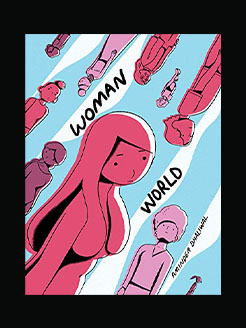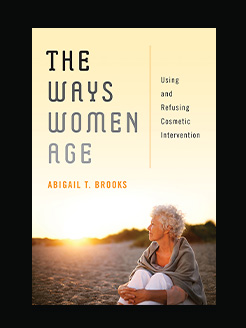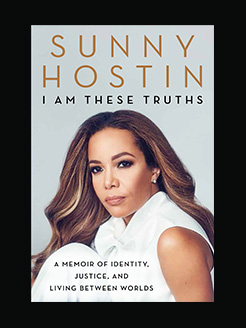Published in 2001
224 pages
Alice Miller was a psychologist and world renowned author, who is noted for her books on child abuse, translated in several languages. In her books she departed from psychoanalysis charging it with being similar to the poisonous pedagogies, which she described in For Your Own Good.
Miller was born in Poland and as young woman lived in Warsaw where she survived World War II. In 1953 she gained her doctorate in philosophy, psychology and sociology at University of Basel in Switzerland. For the next 20 years Miller studied and practiced psychoanalysis.
Her first three books originated from research she took upon herself as a response to what she felt were major blind spots in her field.
However, by the time her fourth book was published, she no longer believed that psychoanalysis was viable in any respect. Miller extended trauma model to include all forms of child abuse, including those that were commonly accepted (such as spanking), which she called poisonous pedagogy, a non-literal translation of Katharina Rutschky’s Schwarze Pädagogik (black or dark pedagogy)
Drawing upon the work of psychohistory, Miller analyzed writers Virginia Woolf, Franz Kafka and others to find links between their childhood traumas and the course and outcome of their lives.
In 1979, she stopped practicing as a psychoanalyst after having studied and practiced psychoanalysis for 20 years and became critical of both Freud and Carl Jung.
She has continued to write and lecture on psychological issues.
Her most recent book, Pictures of My Life, was published in 2006; an informal autobiography in which the writer explores her emotional process from painful childhood, through the development of her theories and later insights, told via the display and discussion of 66 of her original paintings, painted in the years 1973 to 2005.
She died in April 14th 2010 in Saint-Rémy de Provence, France.
What is this book about?
More than twenty years ago, a little-known Swiss psychoanalyst wrote a book that changed the way many people viewed themselves and their world. In simple but powerful prose, the deeply moving Drama of the Gifted Child showed how parents unconsciously form and deform the emotional lives of their children. Alice Miller’s stories about the roots of suffering in childhood resonated with readers, and her book soon became a backlist best seller. In The Truth Will Set You Free Miller returns to the intensely personal tone and themes of her best-loved work. Only by embracing the truth of our past histories can any of us hope to be free of pain in the present, she argues. Miller uses vivid true stories to reveal the perils of early-childhood mistreatment and the dangers of mindless obedience to parental will. Drawing on the latest research on brain development, she shows how spanking and humiliation produce dangerous levels of denial, which leads in turn to emotional blindness and to mental barriers that cut off awareness and the ability to learn new ways of acting. If this cycle repeats itself, the grown child will perpetrate the same abuse on later generations–a message vitally important, especially given the increasing popularity of programs like Tough Love and of “child disciplinarians” like James Dobson. The Truth Will Set You Free will provoke and inform all readers who want to know Alice Miller’s latest thinking on this important subject.
